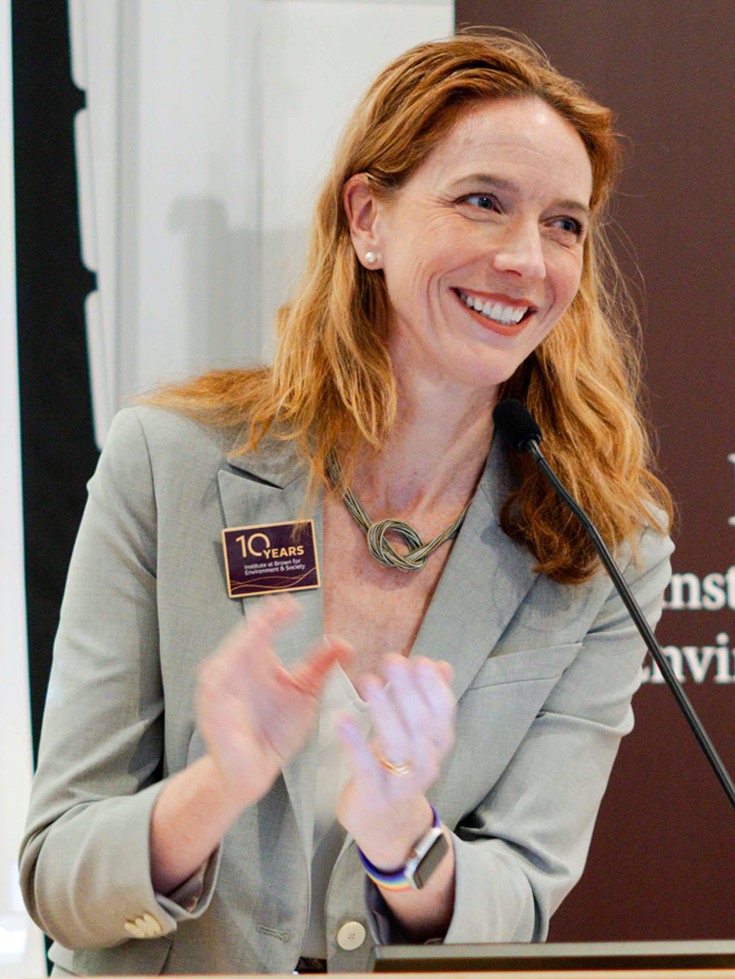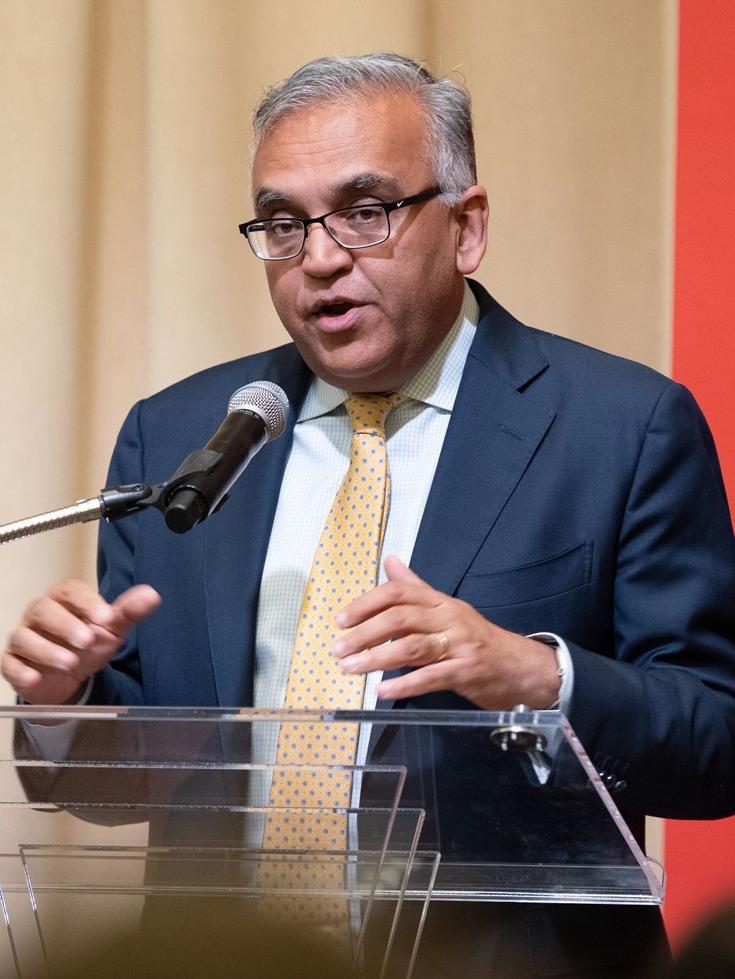What are your experiences with misinformation and disinformation and what can we do about it?
Cobb: In many places, just the phrase climate change gets you escorted out the door. It has been incredibly informative to have an awareness of the tribalized, polarized nature of this discourse and both the gaps that have existed and the ways in which the science of communication is evolving quickly to help us. I’m a scientist, so to me, data is supreme. But me beating people over the head with data, guess what? It doesn't work. I keep in mind that the vast majority of Americans, opinion polls show us, are deeply concerned about climate change, understand that humans are causing it, and support a list of potential solutions. I remind myself that my job is to connect to those people, and that there are certain factions of society which will always agree to disagree. And that's part of the challenge in the opportunity space at this moment.
Scholarship within IBES has enabled us to recognize the science of communication that is being leveraged to distort the work that we are doing, the impacts that it could have, and the benefits that it could accrue. Timmons Roberts (Ittleson Professor of Environmental Studies and Sociology and executive director of the Climate Social Science Network) runs a program at Brown, currently with 35 students, that shines a light on the instrumentation of mis- and disinformation within the climate space specifically. What are the networks, what's the funding, what are the political ties? How does it work? What can we learn from it?
And we are training our faculty, our students, and our community partners to be effective communicators as well. It is one of the core missions in our strategic plan.
Jha: My foray into this field began with the pandemic. I realized relatively quickly that we all live in our own self-reinforcing information ecosystems. A crisis creates information needs, but scientists are not very good at identifying or meeting those needs, which creates an information vacuum where bad information can spread. Early in the pandemic, I used to think a lot about what information I wanted to communicate. Over time, I came to realize that the right question was: what is the information people want and need? What are they looking for? And how do I get that information to them in a way that is useful and meaningful?
That is the same with climate change. The way you do that—and I’ve learned this from Stefanie Friedhoff (co-founder and director of the Information Futures Lab at Brown) is to get out into the community and listen. The work that her group is doing with undergraduates, asking Rhode Islanders their thoughts around climate change, has been critical. During the summer heat waves, the number one issue on the minds of Rhode Islanders? High electrical bills.
Now if we are talking about going to cleaner energy, and someone says, “That’s going to raise your electric bill,” it changes people’s views on whether or not they are supportive of it. There’s broad consensus that climate change is a problem and we’ve got to do something about it, but we have not spent enough time understanding how it’s affecting people’s lives and finding out their information needs. Until we do, we are not going to get the public behind us.

